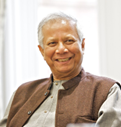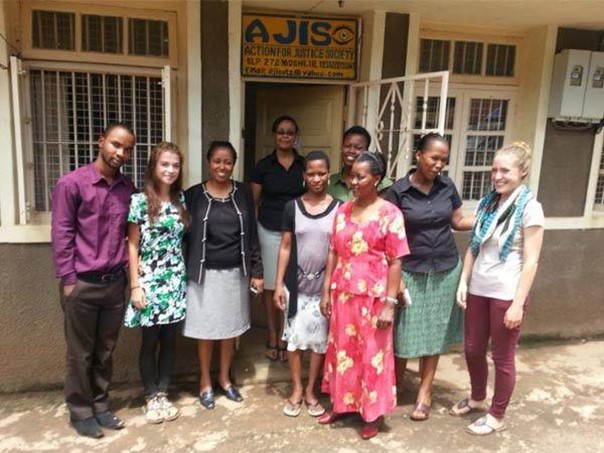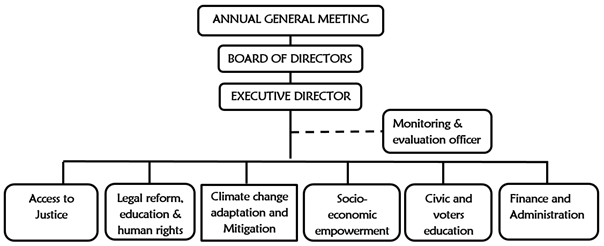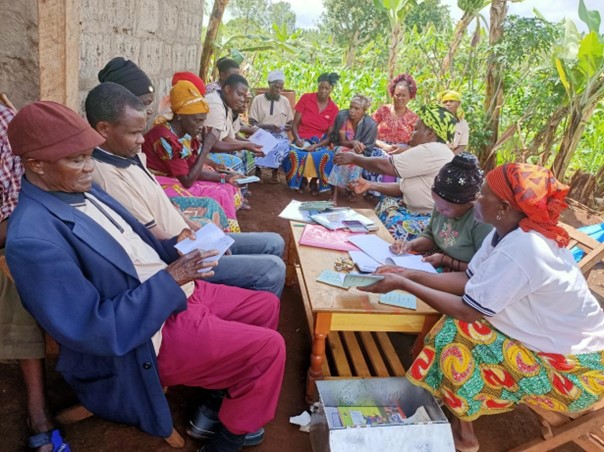Muhammad Yunus
In this article, Louise PIZON (ESSEC Business School, Master in Strategy & Management of International Business (SMIB), 2020-2022) presents the portrait of Muhammad Yunus a well-known economist.
Muhammad Yunus or the “banker to the poor” was born in June 1940 in Bangladeshi in the city of Chittagong. He is a social entrepreneur, banker, economist and civil society leader. In 1976, he founded Grameen Bank, a micro finance organization and a community development bank. Microcredit is a delivery system to provide banking services to the rural poor. He is a pioneer of micro funding and microfinance concepts. In 2006, Muhammad Yunus was awarded Nobel Peace prize for these concepts.
Muhammad Yunus

Source: Wikipédia
After his studies in United States, he came back to Bangladesh and worked for three months for the government’s Planning Commission. He quitted to join Chittagong University as head of the Economics department. He started to be involved in poverty reduction in 1974 when famine has struck Bangladesh.
Grameen bank (“village bank”)
It is in 1976, while visiting a poor village of Jobra next to Chittagong University that Muhammad Yunus has the idea of micro funding. He offered the opportunity to women to take a very small loan to create their business. He explains that at the beginning it was complicated to convince women to take loans because they were afraid of not being able to repay the loan. Also, he faced cultural problem; indeed, male didn’t agree to let women manage money.
Grameen Bank consists in constituting groups of solidarity within the villages of people who know each other. The risk of non-refunding is very low because the shame of mismanaging the loan money, naturally prevented borrowers from being dishonest with the Grameen Bank. At the very beginning groups were formed of five people, with one with the role of president and another one of secretary. Women are so proud to be part of these groups and they are meeting every week to check the status of their finance. Grameen bank allowed them to have an easier and more secure access to their money. It never had a shortage of funds for its loans. It was always local money for the poor women in the area. Members were always told that they had to create, operate and develop their branches with their own money.
Six years after the creation of Grameen Bank, the equality gender of the member rose to a 50/50 ratio. The bank observed that the impact on the family was significantly better in families where women were the borrowers compared to families where the borrowers were men. After this the priority for women borrower was set up and it became a common policy for all microcredit programs worldwide.
Link to VICOBA
Grameen Bank has many similarities with Village Community Bank (VICOBA). VICOBA is a savings and loan fund for members who have joined together and formed a group for economic improvement purposes. The system started in Tanzania twenty years ago and has shown great success for its members in being able to lend to each other, helping each other to solve various problems as well set up joint economic projects.
Both forms of micro funding aim at empowering women and lifting families out of poverty by allowing them to borrow a small amount of money to be able to start a business and generate more money. In both cases, the groups are formed in the same way: members come from the same village and in general it is group of close friends or family members. Within the group, a steering committee of five people is elected annually with the roles of chairperson, secretary, treasurer and two accountants. Both village community banks have weekly meetings to manage the accounts and ensure that people repay on time their loans.
However, there are some differences such as the number of members in the groups: five for Grameen bank versus fifteen to thirty members for VICOBA.
The biggest difference between Grameen and VICOBA is that people part of Grameen bank must open a bank account in Grameen bank whereas VICOBA is completely manage by the members of the group and the money is lock in a box by the treasurer of the group. In VICOBA they also have the possibility to follow business trainings to help them to build their businesses.
Why should I be interested in this post?
Do you want to know how an economist won a Nobel Peace Price? Find out the story of Muhammed Yunus or “the banker to the poor” who created the concept of micro funding to help the poor rural to lift out of the poverty and let them a chance to live in better conditions. Besides being a brilliant economist, he is also a humanitarian and a successful businessman whose purpose in life is creating a World without poverty.
Related posts on the SimTrade blog
▶ Louise PIZON Vicoba
▶ Louise PIZON My professional experience as a business developer at AJISO
Useful resources
Forbes Muhammed Yunus (Prix Nobel) (in French).
About the author
The article was written in August 2022 by Louise PIZON (ESSEC Business School, Master in Strategy & Management of International Business (SMIB), 2020-2022).




